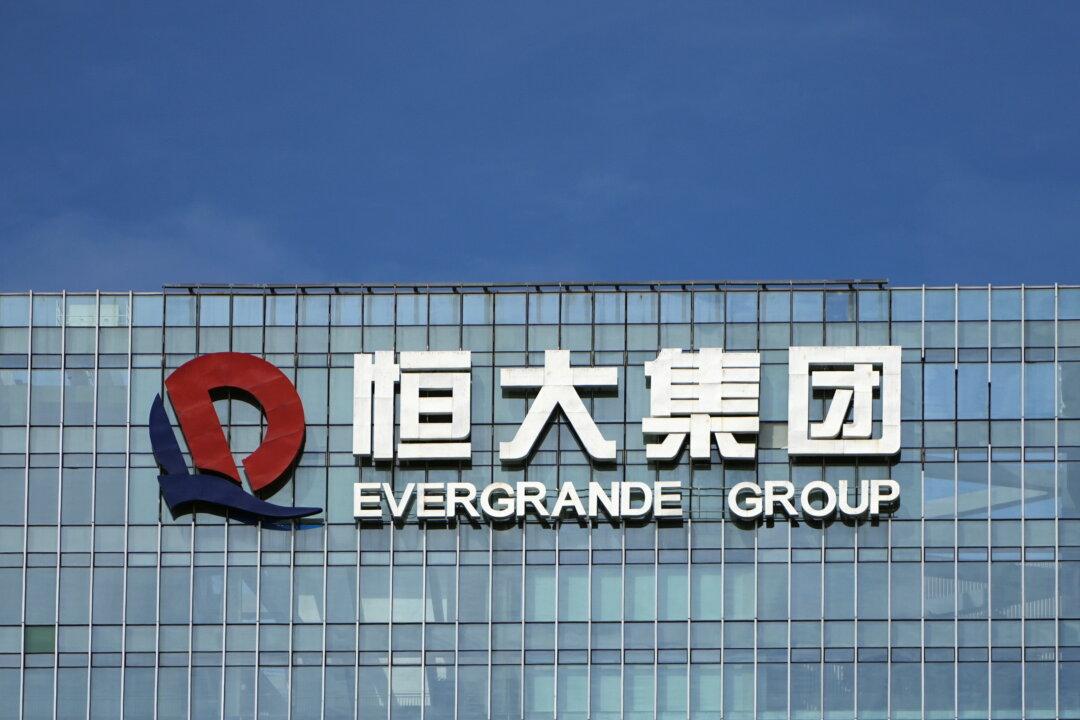HONG KONG—Shares of Chinese Estates Holdings, a former major shareholder of embattled developer China Evergrande, jumped as much as 32 percent on Thursday after it announced an offer to be taken private for $245 million.
The Hong Kong developer said on Wednesday the family of Chinese Estates’ biggest shareholder, Joseph Lau, had proposed to take it private by offering minority shareholders a 38 percent premium to its last traded price.





